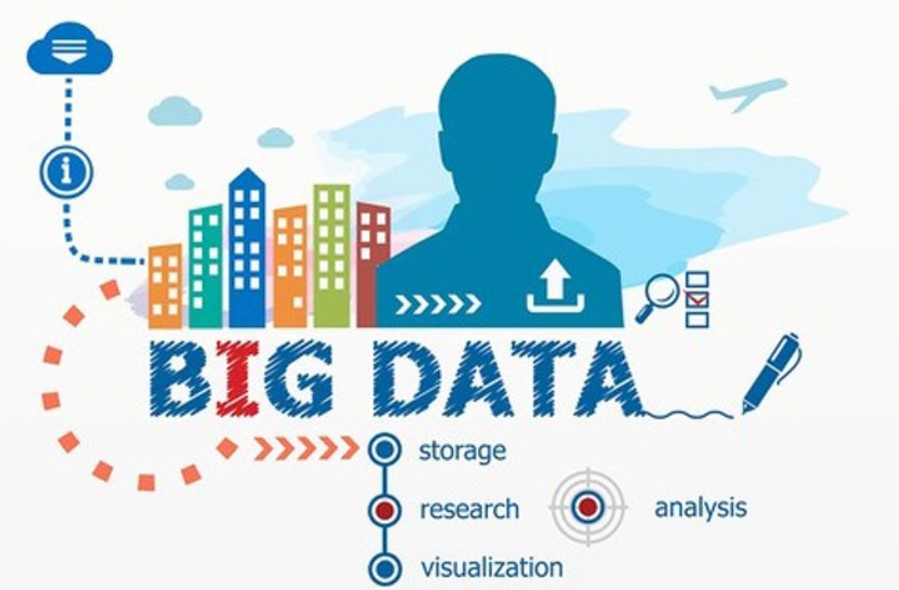In today’s data-driven world, organizations are generating and collecting an unprecedented amount of data. This data, when properly harnessed and analyzed, can lead to valuable insights and informed decision-making. However, managing and analyzing such a large amount of data requires robust infrastructure and advanced technologies. Big data platforms are designed to help organizations store, manage, and analyze massive amounts of data. In this article, we will explore what big data platforms are, why they are important, and some of the most popular big data platforms available today.
What are Big Data Platforms?

Big data platforms are software systems that allow organizations to store, manage, and analyze large and complex data sets. They are designed to handle the volume, velocity, and variety of data generated by modern businesses, which is often beyond the capabilities of traditional data management systems.
Big data platforms typically consist of multiple components, including storage systems, data processing frameworks, and analytics tools. These components work together to collect, store, process, and analyze data in real-time, enabling organizations to make informed decisions based on insights gained from their data.
Why are Big Data Platforms Important?
Big data platforms are important because they enable organizations to gain insights and make informed decisions based on their data. Without a robust big data platform, organizations may struggle to manage and analyze their data, leading to missed opportunities and poor decision-making.
Additionally, big data platforms can help organizations reduce costs and increase efficiency. By centralizing data storage and analysis, organizations can reduce the need for multiple systems and simplify their data management processes. This can lead to cost savings and improved productivity.
Popular Big Data Platforms
There are many big data platforms available today, each with their own unique features and capabilities. Some of the most popular big data platforms include:
Hadoop
Hadoop is a popular open-source big data platform that provides distributed storage and processing of large data sets. It is based on the Hadoop Distributed File System (HDFS) and the MapReduce programming model, which enable it to handle large and complex data sets.
Apache Spark
Apache Spark is a fast and powerful big data platform that provides real-time data processing and analytics. It is based on the Resilient Distributed Dataset (RDD) model and can handle both batch and streaming data processing.
Amazon Web Services (AWS) Elastic MapReduce (EMR)
AWS Elastic MapReduce (EMR) is a cloud-based big data platform that provides scalable and cost-effective data processing and analysis. It is based on the Hadoop ecosystem and supports a variety of data processing frameworks, including Spark, Hive, and Pig.
Google Cloud Platform (GCP) Big Data
GCP Big Data is a cloud-based big data platform that provides scalable and flexible data storage and analysis. It includes a variety of services, including BigQuery, Cloud Dataflow, and Cloud Dataproc, which enable organizations to process and analyze large data sets in real-time.
Conclusion
In conclusion, big data platforms are essential for organizations that want to harness the power of data analytics. They provide the infrastructure and tools necessary to manage and analyze large and complex data sets, enabling organizations to gain valuable insights and make informed decisions. With a wide range of big data platforms available, organizations can choose the platform that best suits their needs and budget.
FAQs
- What is the difference between big data and traditional data? Big data refers to the massive amounts of structured and unstructured data that are generated by modern businesses, while traditional data refers to smaller and more structured data sets.
- How can big data platforms help organizations reduce costs? Big data platforms can help organizations reduce costs by centralizing data storage and analysis, which can lead to cost savings and improved productivity.
- What are some of the challenges organizations face when managing big data?
Some of the challenges organizations face when managing big data include data security, data privacy, data quality, and data integration. - Can big data platforms be used by small businesses?
Yes, big data platforms can be used by small businesses, although the specific platform chosen will depend on the size of the business and its data management needs. - How do big data platforms differ from traditional database management systems?
Big data platforms differ from traditional database management systems in their ability to handle large and complex data sets, their real-time data processing capabilities, and their support for distributed computing.
Overall, big data platforms have become an integral part of modern business operations, providing the infrastructure and tools necessary to manage and analyze large and complex data sets. With a wide range of platforms available, organizations can choose the platform that best suits their needs and budget, and leverage the power of data analytics to make informed decisions and gain a competitive edge.